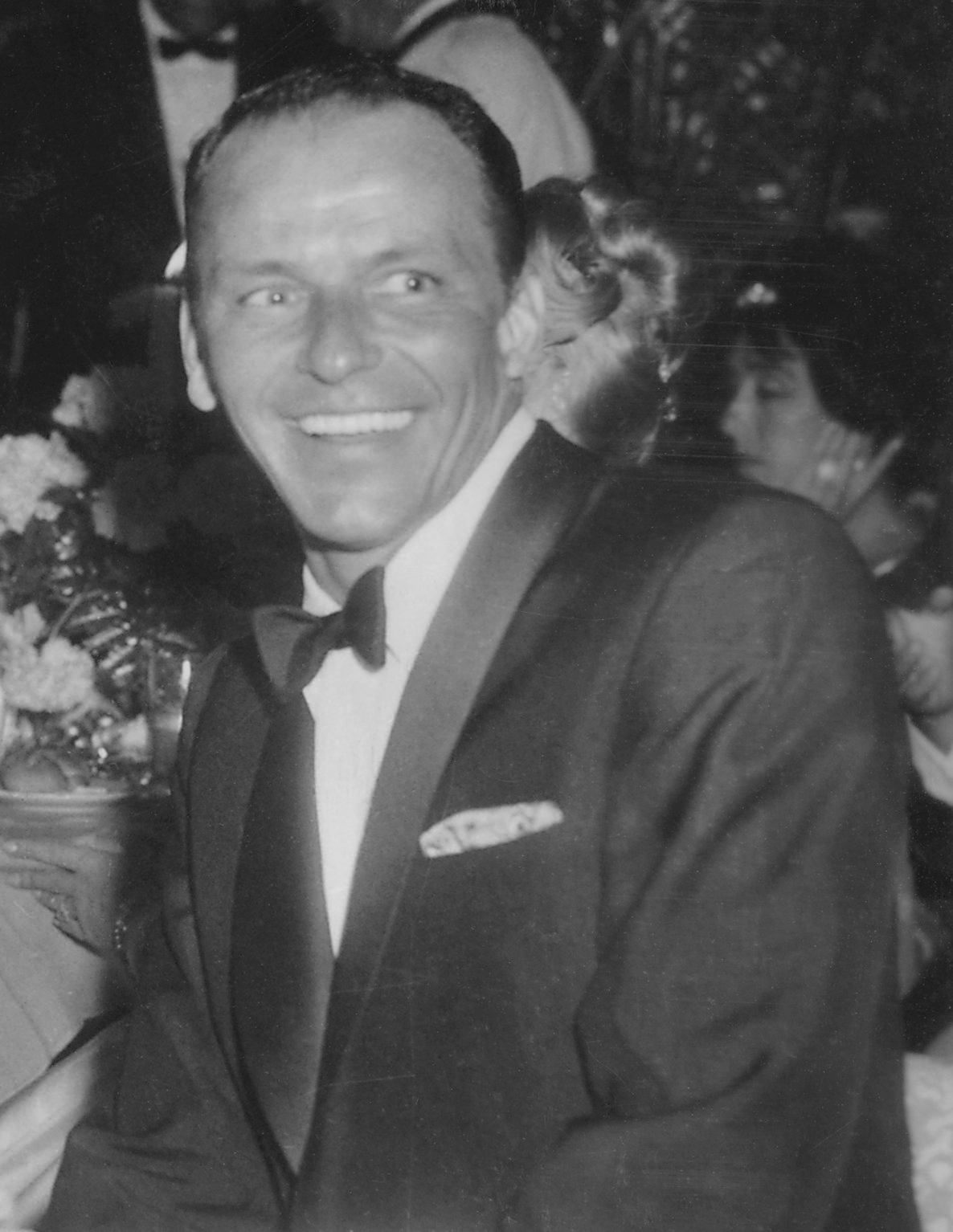Sinatra was born in Hoboken , New Jersey
By the time Sinatra left the Dorsey
Orchestra, he was already a pop star and was ready to move on to recordings and
performances with himself getting top billing. Sinatra continued to record
scads of hit songs throughout the mid-late Forties and early Fifties and branch
out as an entertainer by acting in movies. He eventually formed the infamous
“rat pack” with show business cronies, Sammy Davis Jr. and Dean Martin.
By the mid-Fifties, when rock and roll was
beginning to replace swing and vocal jazz as America’s new pop music, Sinatra
openly railed against the new music for being primitive and crude causing Elvis
Presley to publically express his dismay at the comments.
Sinatra would begin to record his own
albums in 1945, with his first notable effort being “The Voice of Frank
Sinatra” (1946) on Columbia Records with The Nelson Riddle Orchestra. Several
albums would follow, and then in 1954, Sinatra would record his first
classic album, “Songs for Young Lovers” The
following year Sinatra would record the album that is generally cited as his
masterpiece, “In the Wee Small Hours” in which Sinatra delivers sixteen songs
of heartbreak in inimitable style.
Numerous other essential albums would
follow for the next twenty years with the best being, “Songs for Swingin’ Lovers!”
(1956), “A Swingin’ Affair” (1957), “Frank Sinatra Sings for Only the Lonely”
(1958), “September of My Years” (1965), and “Sinatra at the Sands” (1966).
 |
| Sinatra on the town |

